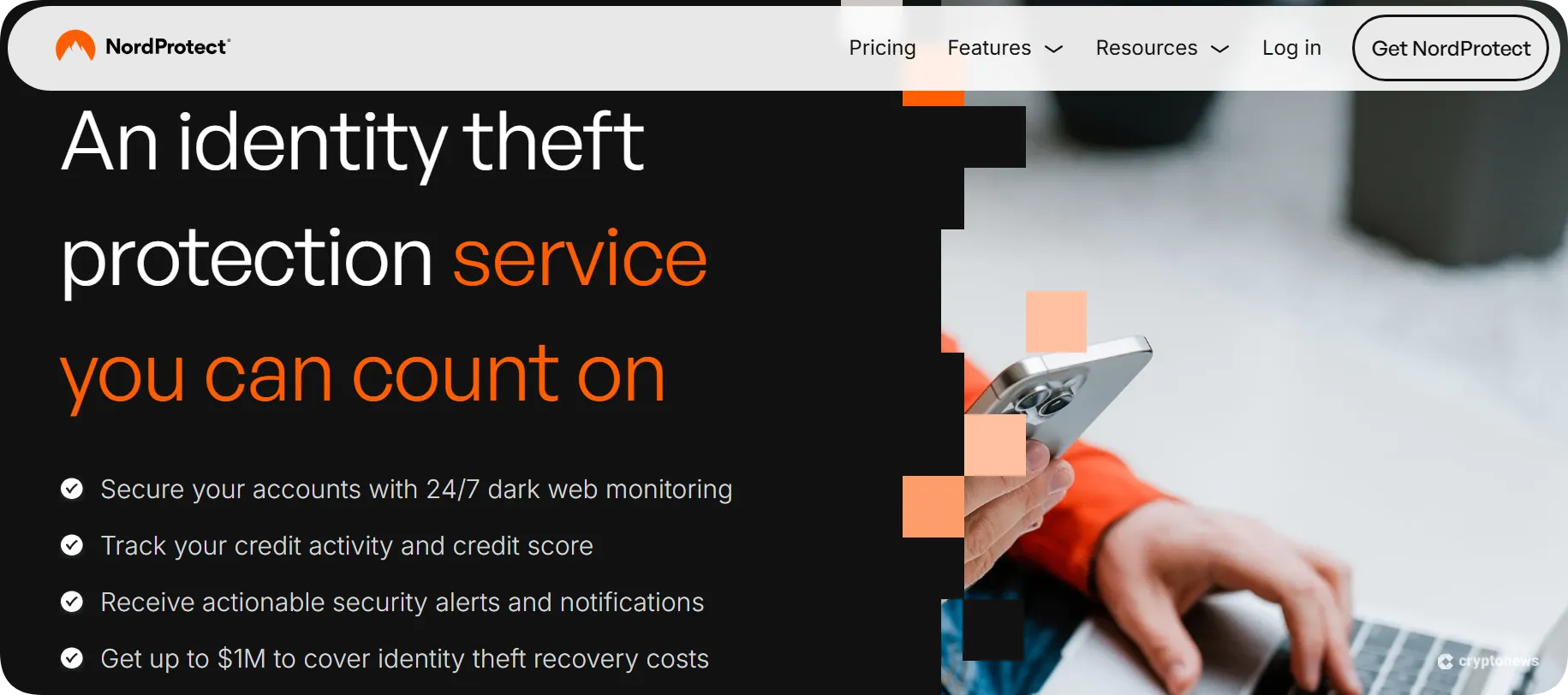Solar Innovations and Trends
Your source for the latest in solar technology and energy solutions.
Crypto Anonymity: Are You a Ghost in the Blockchain?
Unlock the secrets of crypto anonymity! Discover if you're truly a ghost on the blockchain and how to protect your identity in the crypto world.
Understanding Crypto Anonymity: How Secure Is Your Identity on the Blockchain?
The concept of crypto anonymity has become increasingly vital as the adoption of blockchain technology continues to grow. At its core, blockchain offers a decentralized platform where transactions are recorded on a public ledger, but the intricacies of user identity can often be misunderstood. While many cryptocurrencies, like Bitcoin, provide pseudonymity—meaning that wallet addresses do not directly reveal the identity of their owners—this does not guarantee complete anonymity. Each transaction is traceable and can potentially be linked back to users through various means, such as IP addresses or transaction patterns.
To assess how secure your identity on the blockchain truly is, it's important to consider several factors:
- Transaction Traceability: All transactions are recorded on the blockchain, making them visible to anyone who accesses the ledger.
- Data Leakage: Even off-chain activities, such as exchanges and wallets, can compromise your privacy.
- Anonymity Enhancements: While traditional cryptocurrencies may not provide full anonymity, coins like Monero and Zcash are designed with privacy features that help obscure user identities.
In conclusion, understanding the nuances of crypto anonymity is essential for anyone looking to protect their personal data while engaging in the digital currency space.

Counter-Strike is a highly popular first-person shooter game that involves team-based gameplay where players assume the roles of either terrorists or counter-terrorists. The game features various modes and maps, providing players with an engaging and competitive environment. For those interested in gaming and online entertainment, you can check out this cryptocasino.com promo code for exciting offers and bonuses.
The Illusion of Anonymity in Cryptocurrency Transactions
The concept of anonymity in cryptocurrency transactions is often touted as one of the key benefits of digital currencies. Many users are attracted to the idea that these transactions are completely private, shielding their identities from the public eye. However, this belief is largely an illusion. While cryptocurrencies like Bitcoin provide a level of pseudonymity, every transaction is recorded on a public ledger, known as the blockchain. This means that, with the right tools and analysis, it is entirely possible to trace transactions back to their original wallets, leading to a situation where even users who believe they are anonymous can be identified.
Furthermore, as governments and regulatory bodies continue to tighten their grip on cryptocurrency markets, the push for identity verification is growing. Many exchanges and platforms now require users to undergo Know Your Customer (KYC) procedures, which involve providing personal information in order to trade. This further diminishes the illusion of anonymity, as users are required to link their identities to their cryptocurrency activities, effectively nullifying the initial promise of privacy. As technology evolves, so too does the scrutiny around cryptocurrency transactions, urging users to reconsider the notion that they can remain completely anonymous in a digital landscape that is anything but private.
Can You Truly Be a Ghost in the Blockchain? Exploring Privacy Tools and Techniques
The concept of being a ghost in the blockchain revolves around the idea of maintaining anonymity and privacy in an increasingly transparent digital landscape. Blockchain technology is inherently designed to be open, allowing anyone to trace transactions and view wallet balances. However, numerous privacy tools and techniques have emerged to help users obscure their identities. These methods range from using privacy-focused cryptocurrencies like Monero and Zcash to employing mixing services that blend multiple transactions, making it challenging to trace the original source. By utilizing these tools effectively, individuals can navigate the blockchain in a more discreet manner, enhancing their online privacy and protecting their financial information.
In addition to using specialized coins and mixing services, there are several best practices that can further fortify your ghost-like presence in the blockchain. For example, adopting the use of virtual private networks (VPNs) when accessing blockchain platforms can mask your IP address, adding an extra layer of anonymity. Furthermore, regularly changing your wallet addresses and diversifying your transaction methods can complicate tracking efforts. It’s important to stay informed about the evolving landscape of privacy regulations, as maintaining your ghostly presence may require adaptive measures to keep pace with technological advances and legal frameworks.